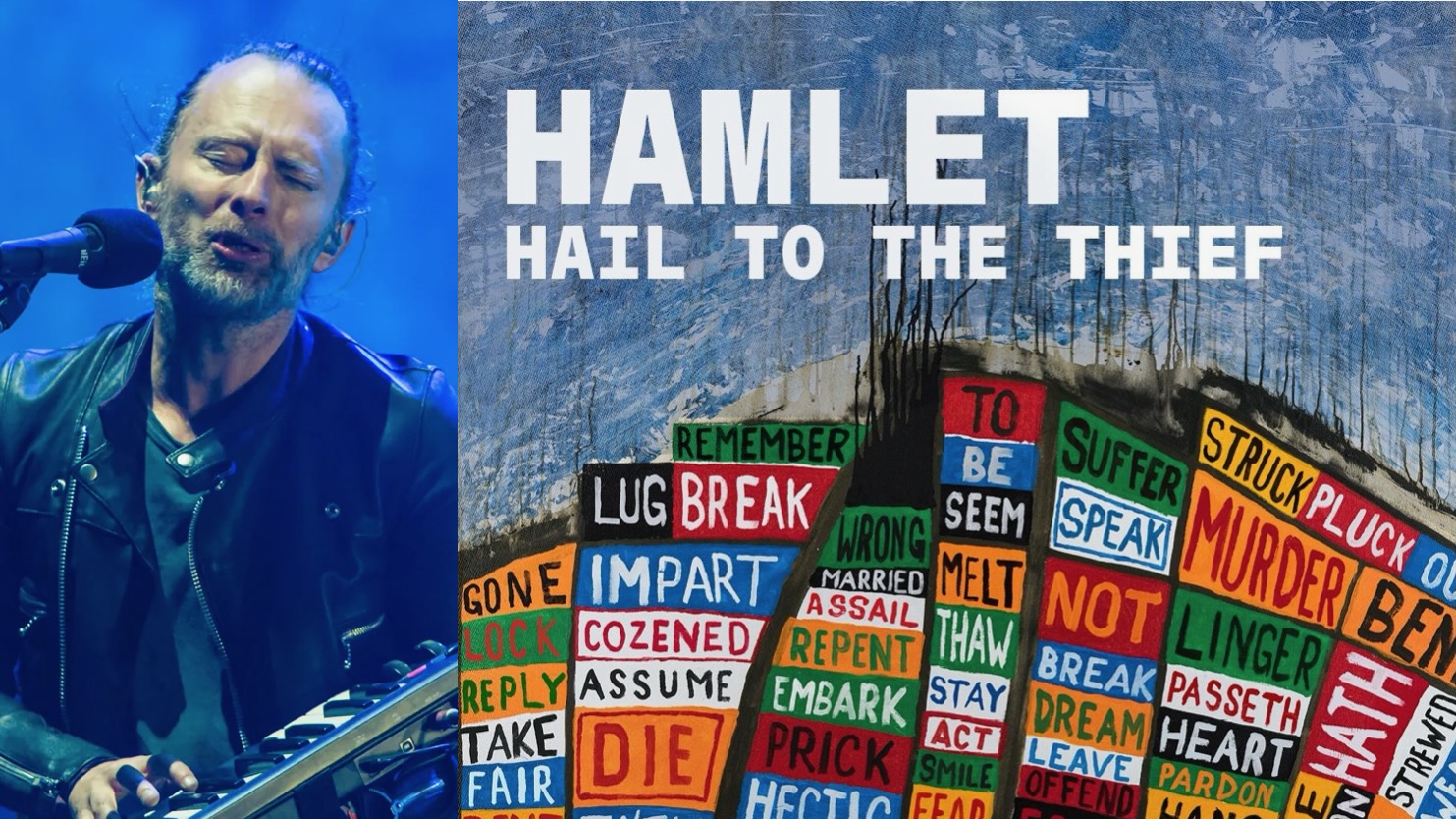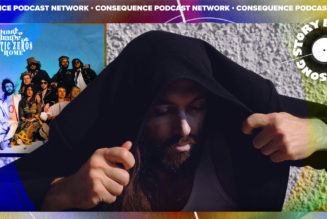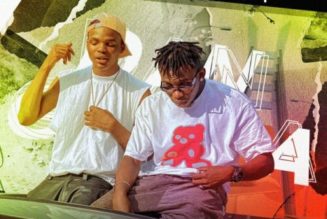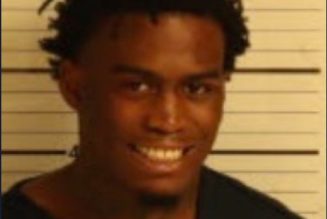
Thom Yorke is revisiting Radiohead’s 2003 album, Hail to the Thief, for a new adaption of Hamlet.
The Radiohead frontman has reworked and orchestrated the album for a cast of 20 musicians and actors, which will be performed under the title Hamlet Hail to the Thief. The production is slated to debut at Aviva Studios in Manchester, England from April 27th to May 18th, before moving to the Royal Shakespeare Theatre in Stratford Upon Avon, from June 4th to June 28th.
“This is an interesting and intimidating challenge!” Yorke said of the project. “Adapting the original music of Hail to the Thief for live performance with the actors on stage to tell this story that is forever being told, using its familiarity and sounds, pulling them into and out of context, seeing what chimes with the underlying grief and paranoia of Hamlet, using the music as a ‘presence’ in the room, watching how it collides with the action and the text. Ghosting one against the other.”
Related Video
“The first Radiohead concert I ever saw was the Hail to the Thief tour in 2003. It changed my DNA. Not long after, I was reading Hamlet and listening to the album. Paying attention to the lyrics, I became aware of how many songs from Hail to the Thief speak to the themes of the play,” added Hamlet Hail to the Thief director Christine Jones in her own statement. “There are uncanny reverberances between the text and the album. For years I’ve wanted to see the play and album collide in a piece of theatre; eventually I shared the idea with Thom, who was intrigued. I wasn’t sure what we would make, but I knew I wanted to make it with Steven and continue experimenting and building on work we have done together over many years.”
“We’ve found that the play haunts the album, and the album haunts the play,” Jones continued. “Both reflect the internal disquiet and rage that result from despair—in particular despair arising from scrutiny of dominant power structures—whether within governments, communities, or families. The text and music probe us relentlessly to question what we are made of, and how to discern right from wrong.”








